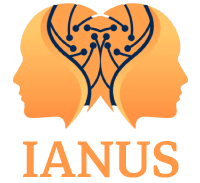
Trust in science, technology, and innovation (STI) is a topic preoccupying multiple stakeholder groups, from philosophers and researchers up to citizens. Given the increased ‘popularity’ of STI and its ability to produce both benefit and harm, various views exist towards the benefits and risks potentially emerging from STI.
The Eurobarometer surveys constitute a series of public opinion surveys conducted regularly since 1973 on behalf of the European Commission and other EU Institutions. Both ‘standard’ and ‘flash’ Eurobarometer surveys are conducted, addressing EU citizens’ views and attitudes towards STI, research and innovation, and occasionally on more specific topics (e.g., data protection in the EU, fake news and disinformation online). One of the most recent Eurobarometer surveys was conducted during April-May 2021, and addressed European citizens’ knowledge and attitudes towards science and technology.
The survey suggested that EU citizens not only exhibit a high level of interest in science and technology (82%), but 9 in 10 (86%) also think that their overall influence is positive. In fact, they expect that a range of technologies will have a positive effect in the future, notably: solar energy (92%), vaccines and combating infectious diseases (86%) and artificial intelligence (61%).
Nevertheless, skepticism does exist. Approximately half of the EU citizens (57%) believe that R&I is accompanied by challenges, for example having to do with science and technology mostly helping in improving the lives of those who are already better off.
You can find the complete Eurobarometer survey here: https://europa.eu/eurobarometer/surveys/detail/2237
